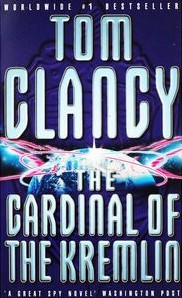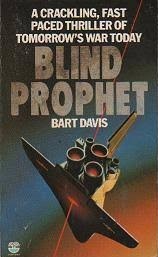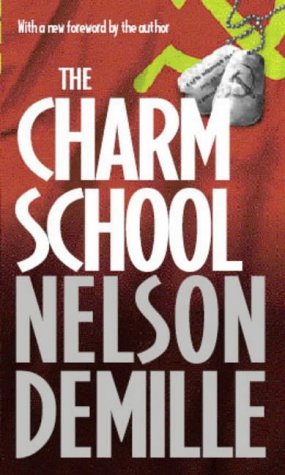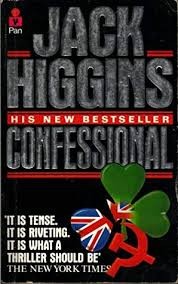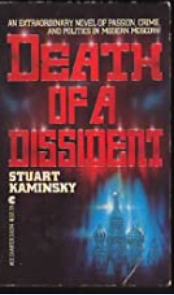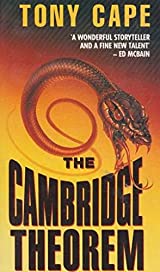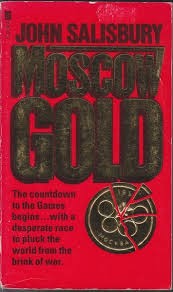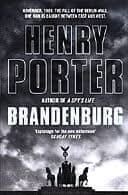Part two of this review is here
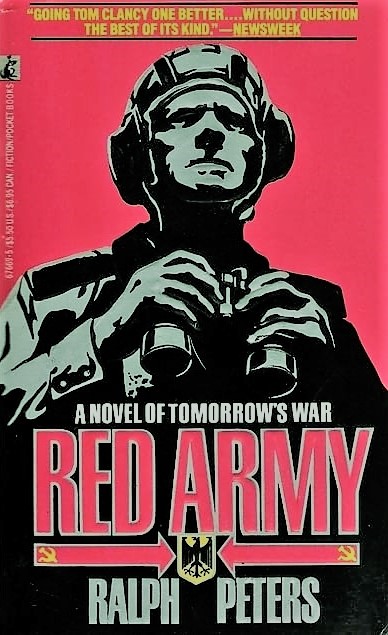
Future war books are a distinct sub-genre in Russia-in-fiction novels. Over the coming months this blog will review several. Others we will snub.
[Update — review of Red Metal (2019) posted 10 August 2021]
Russia in Fiction approaches such books with a couple of specific prejudices. We are not into military stuff per se; endless eye-glazing pages about high-tech weaponry, artillery placement, and military tactics. Yawn. And we are wary when such books —as sometimes—are more political manifesto than readable fiction.
Red Army side-steps both of these elephant traps with ease. Ralph Peters has written a superbly original account of a war that never was.
Continue reading